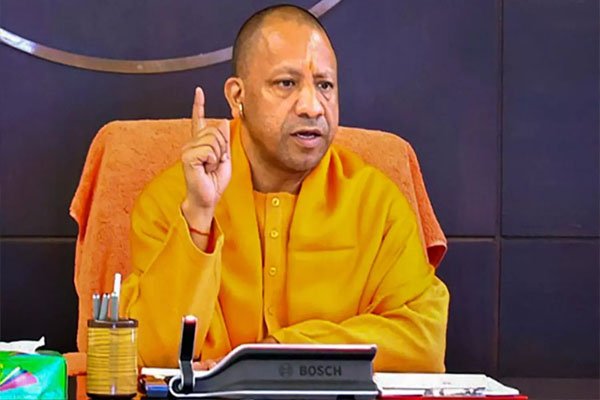Yogi government to strengthen ‘e-court system for disposal of industrial cases’

Lucknow|The Yogi government of Uttar Pradesh has decided to strengthen the ‘e-court system’ for disposal of industrial cases to strengthen the industrial environment. As per the vision of Chief Minister Yogi Adityanath, a comprehensive digital solution for management of industrial disputes will be developed through the e-Court platform at the Industrial Tribunal. The work of this project has been entrusted to Shritron India Limited.
A seamless interface will be developed for all parties to register cases of industrial disputes on the e-Court platform. This will enable parties to upload their inputs and documents, ensuring that their submissions meet legal requirements. The system will automatically validate submissions and generate a unique case number, which will give applicants confirmation that their cases are under review. The objective of this system is to effectively manage all the promises received, it will provide tracking facility from acceptance to resolution.
Promises in the e-court platform will be classified according to type, such as salary disputes and wrongful dismissal. This would enable processing and assignment to be streamlined. In addition, there will be a scheduling system to determine the date and time for the hearing, which will take into account the resources of the Court and the availability of parties.
All parties will receive automated notifications and a calendar system will be used to update case records. Customizable templates will be used to issue court orders and notices. It will have automation capabilities based on case development. The platform will be developed with strong security measures to protect sensitive information, and will ensure compliance with all legal standards. The system will also provide user support through the help desk, as well as tutorials and guides to navigate the platform.

The platform will be regularly maintained and updated to keep it functional and responsive to emerging needs, ensuring effective and efficient management of industrial disputes. It will be able to provide litigation facilities in four phases, and will issue court orders and notices as well as work on various areas on priority.








